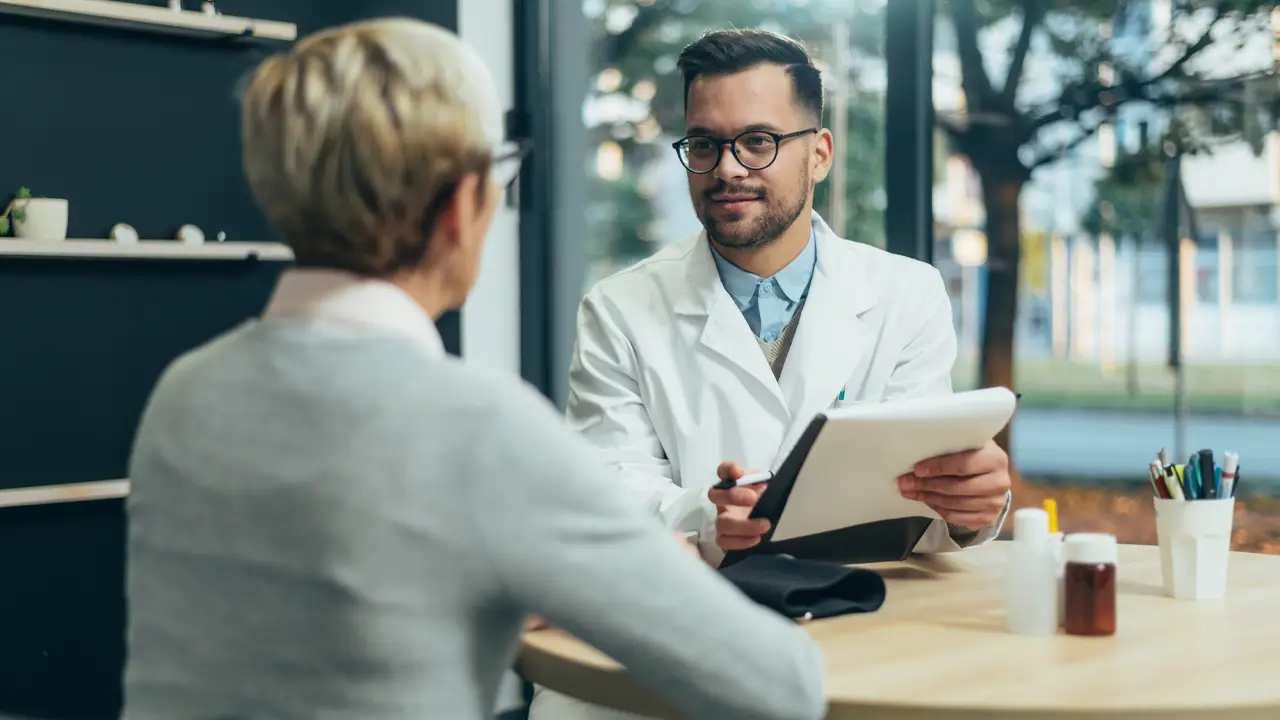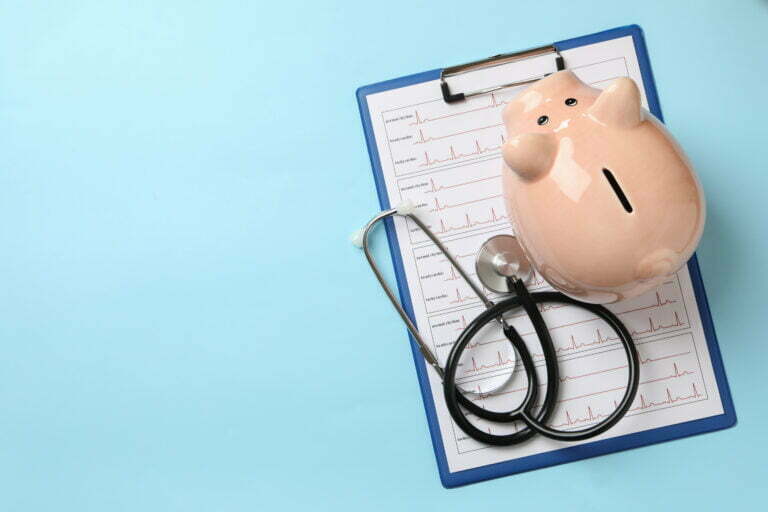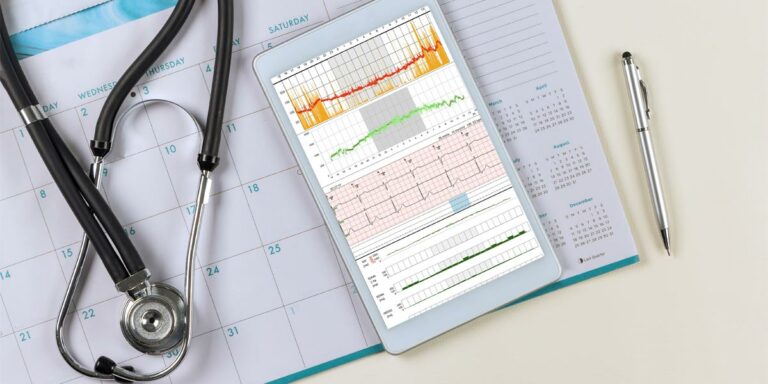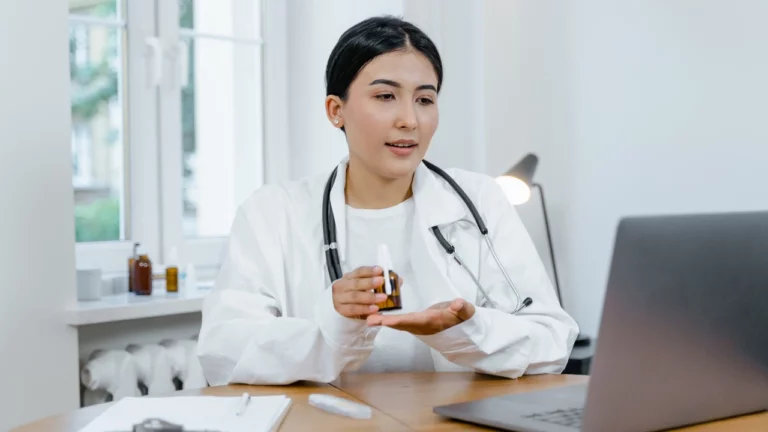The delivery of patient education and counseling is a crucial aspect of healthcare that empowers patients to manage their health effectively. Patient education involves equipping patients with the necessary knowledge and resources to understand their health condition, treatment options, and self-care techniques. In contrast, patient counseling entails a conversation between the healthcare provider and the patient to explore the patient’s concerns, beliefs, and behaviors. These strategies work together to improve patient outcomes, enhance patient satisfaction, and reduce healthcare costs. Remote patient monitoring (RPM) is a valuable tool that can support the delivery of personalized patient education and counseling to patients in the comfort of their own homes, engaging with them in real-time.
Benefits of Patient Education and Counseling
Patient education and counseling have multiple benefits, including improving patients’ understanding of their health and enhancing their adherence to treatment plans, which can ultimately lead to better health outcomes and increased patient empowerment.
Increased Patient Knowledge and Understanding of Their Health
When patients have access to the necessary information about their health condition, treatment options, and self-care techniques, they can manage their health more effectively. Patient education can come in different forms such as written materials, videos, and interactive tools, which can aid in comprehending complex medical concepts and treatment options.
Moreover, counseling can help patients understand how their health condition affects their daily life and provide them with coping strategies to manage their symptoms effectively. Patients who have a better understanding of their health condition are more likely to ask questions, express their concerns, and make informed decisions about their care.
Improved Patient Compliance and Adherence to Treatment Plans
When patients have a good understanding of their health condition and the available treatment options, they are more likely to actively participate in managing their health and follow their treatment plans. This can result in better health outcomes, fewer complications, and reduced healthcare costs.
Counseling can also play a crucial role in improving patient adherence to therapeutic regimens. Patients who receive counseling on topics such as the significance of sticking to their treatment plans are more likely to comply with their medication schedules and adopt lifestyle changes recommended by their healthcare provider.
Enhanced Patient Empowerment and Decision-Making Ability
When patients are educated and counseled on their health, they are better equipped to make informed decisions about their health and participate in shared decision-making with their healthcare providers. Patients who feel empowered and involved in their care are more likely to have a positive attitude towards their treatment plan and experience better health outcomes.
Furthermore, patient education and counseling can help patients develop self-management skills and take an active role in their care. Patients who feel empowered to manage their health are more likely to adopt healthy behaviors and adhere to their treatment plans, leading to improved health outcomes and increased patient satisfaction.
Techniques for Effective Patient Education and Counseling
To provide effective patient education and counseling, it is important to use various techniques that can ensure patients receive the necessary information and support to manage their health effectively. These techniques can be acquired through personal or professional experiences that provide knowledge and skills in delivering health promotion services and training. With the right techniques and skills, patients can receive the necessary guidance and support to improve their health outcomes.
Clear Communication
Communicating health information to patients must be in a clear and understandable manner, avoiding technical jargon and using plain language. To ensure that patients fully comprehend their health condition, treatment options, and self-care techniques, clear communication is essential. Healthcare providers must possess the attitudes and skills needed to actively listen to patients, encourage them to ask questions, and express their concerns. It is also crucial to verify that patients have understood the information provided to them. If language barriers or hearing impairments exist, the use of interpreters or assistive devices can help facilitate clear communication.
Utilization of Patient Education Materials
Patient education materials, such as brochures, videos, and interactive tools, are effective techniques for patient education and counseling. These materials can help patients better understand their health condition and treatment options. It is important to ensure that the materials provided are accurate, reliable, and easy to understand. The materials must also be tailored to the patient’s specific needs and cultural background.
Active Listening and Empathy
Active listening to patients’ concerns and empathizing with their experiences is crucial in healthcare. It involves acknowledging the patient’s feelings and offering emotional support to help address their concerns effectively. Encouraging patients to share their experiences, thoughts, and feelings about their health condition, treatment options, and self-care techniques can help healthcare providers understand their patients better and provide more personalized care.
Involvement of Patients in Shared Decision Making
Involving patients in shared decision making is a technique that empowers them and improves their satisfaction with their care. Patient empowerment strategies can include: (a) setting realistic goals with patients, (b) encouraging active participation in self-care, and (c) providing support and resources.
Patients should be encouraged to participate in the decision-making process and consider their preferences, values, and goals. Shared decision-making involves a discussion between the healthcare provider and the patient, considering the patient’s health condition, treatment options, benefits, and risks. Together, the healthcare provider and patient can make an informed decision that aligns with the patient’s values and preferences.
Patient Education and Counseling with DrKumo Remote Patient Monitoring Solution
DrKumo is a leader in state-of-the-art RPM solutions that offer advanced features such as an AI/ML engine to collect and analyze patient data. This technology allows healthcare providers to monitor patients’ health conditions remotely, which helps in providing personalized education and counseling that is tailored to the patient’s specific needs. By using DrKumo RPM solution, patients can receive timely intervention before their condition worsens, reducing hospital admissions and readmissions, and improving their overall health outcomes.
DrKumo RPM system enables patients to receive education and counseling in real-time, without leaving their homes. This approach not only saves time and cost for patients but also ensures that they receive quality care while being in their comfort zone. With personalized education and counseling, patients can be empowered to manage their health effectively and improve their quality of life. In summary, DrKumo RPM solution is a valuable tool for healthcare providers to deliver patient education and counseling, which can lead to improved health outcomes and better patient experiences.
Takeaways
Patient education and counseling is vital for empowering patients to effectively manage their health. Effective techniques include clear communication, utilizing patient education materials, active listening, and involving patients in decision-making. DrKumo RPM can assist healthcare providers in providing personalized education and counseling through continuous real-time monitoring and an AI/ML engine, enabling patients to receive high-quality care from home. This technology has the potential to transform healthcare delivery, improve patient outcomes, and promote patient empowerment.
Transform patient education and counseling with DrKumo RPM technology. Contact DrKumo now for personalized, real-time care at home.








